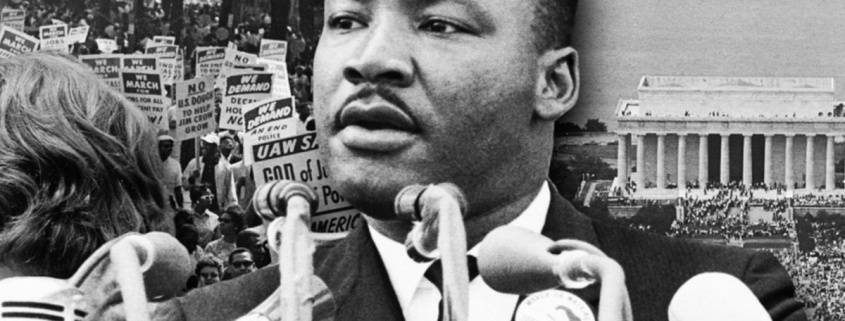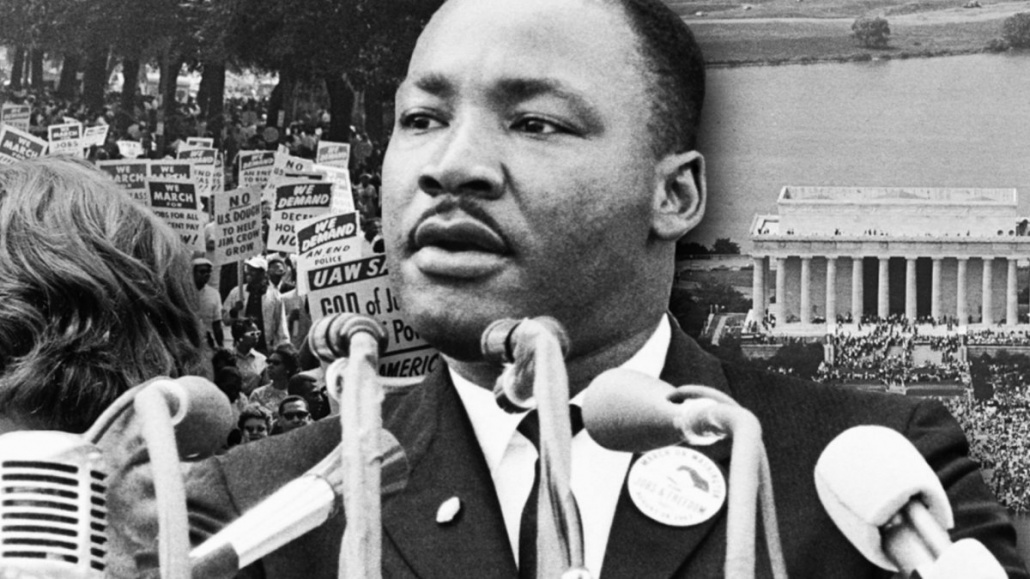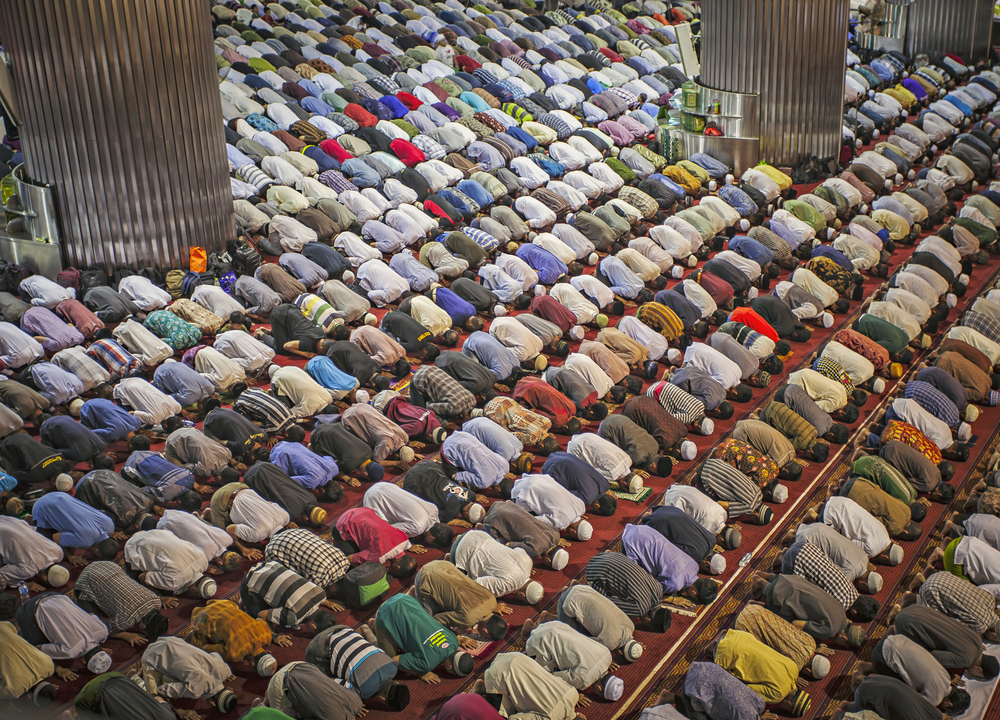Awakening on the Mountain: the Forgotten Legacy of Martin Luther King Jr.
By Yousuf Ali
There is not a child who has been through the American education system who does not about Martin Luther King Jr. At the same time, the vast majority of Americans have a remarkably superficial and limited knowledge of his life and legacy.
They will invariably know about the March on Washington and his work in the Civil Rights Movement, and this is good. At the same time, there is almost no discussion about the last years of his life and his activism therein. When we examine King’s activities at this time, it becomes clear why so many are reluctant to talk about it.
Earlier this week, many had time off because of Martin Luther King day, and it is timely to examine the history of the holiday and its namesake.
To begin, MLK day was made into a national holiday in 1983, and the circumstances around its passage reveal that the challenges he faced are still relevant today. To begin, the passage of the holiday was far from unanimous despite his illustrious work.
Even more than 30 years later, there are still several people in congress who voted against it. For that, no one should feel that American society has moved past the racism and prejudice that King worked so hard against.
These facts allow us to maintain perspective and remind us that King’s struggle was not long ago at all and that we must not take anything for granted. In addition to the need to continue the struggle against racism both institutional and individual, we should redouble our efforts to continue the lesser-known parts of his legacies.
In the last years of his life, King’s activism turned to another critique of the oppressive economic structure in the United States. As it happens, King was assassinated while advocating for the sanitation workers in Memphis.
One iconic line from that speech was, “If I had sneezed, I wouldn’t have had a chance later that year, in August, to try to tell America about a dream that I had had.” In fact, according to NBC, King stated that his dream “turned into a nightmare”.
As one can imagine, King was vilified in the American media and painted as some sort of radical despite being honored a few years before. After learning this, it becomes clear why so many were opposed to recognizing the life of MLK in the early 80s.
When dealing with the life of Martin Luther King Jr., the American education has sanitized his legacy to omit parts of it which challenge the status quo.
While they have no problem hailing him as a great civil rights hero who fought against discrimination, they don’t focus how the media smeared him towards the end of his life. Students will learn about his dream but nothing about how it turned into a nightmare from which the society has yet to wake up.
Consequently, those who truly seek to understand the man and his legacy must go beyond the cliché slogans which are recycled every year and proactively learn about what the man stood and died for. It is not enough to know that he was assassinated, but people should know why and what he was doing beforehand.
Even when it comes to his earlier civil rights work, we still have not moved past the root cause of racism and are still suffering many of its effects. To truly achieve a society free from bigotry, we can’t ignore the long-standing historical marginalization of black people by thinking that it is solved because they can now go to the same schools as white people in districts which many of them can’t afford to live in for example. If we adopt this approach to recognizing King’s legacy, there is indeed hope for the better.



















2019
17,281 views
views
0
comments